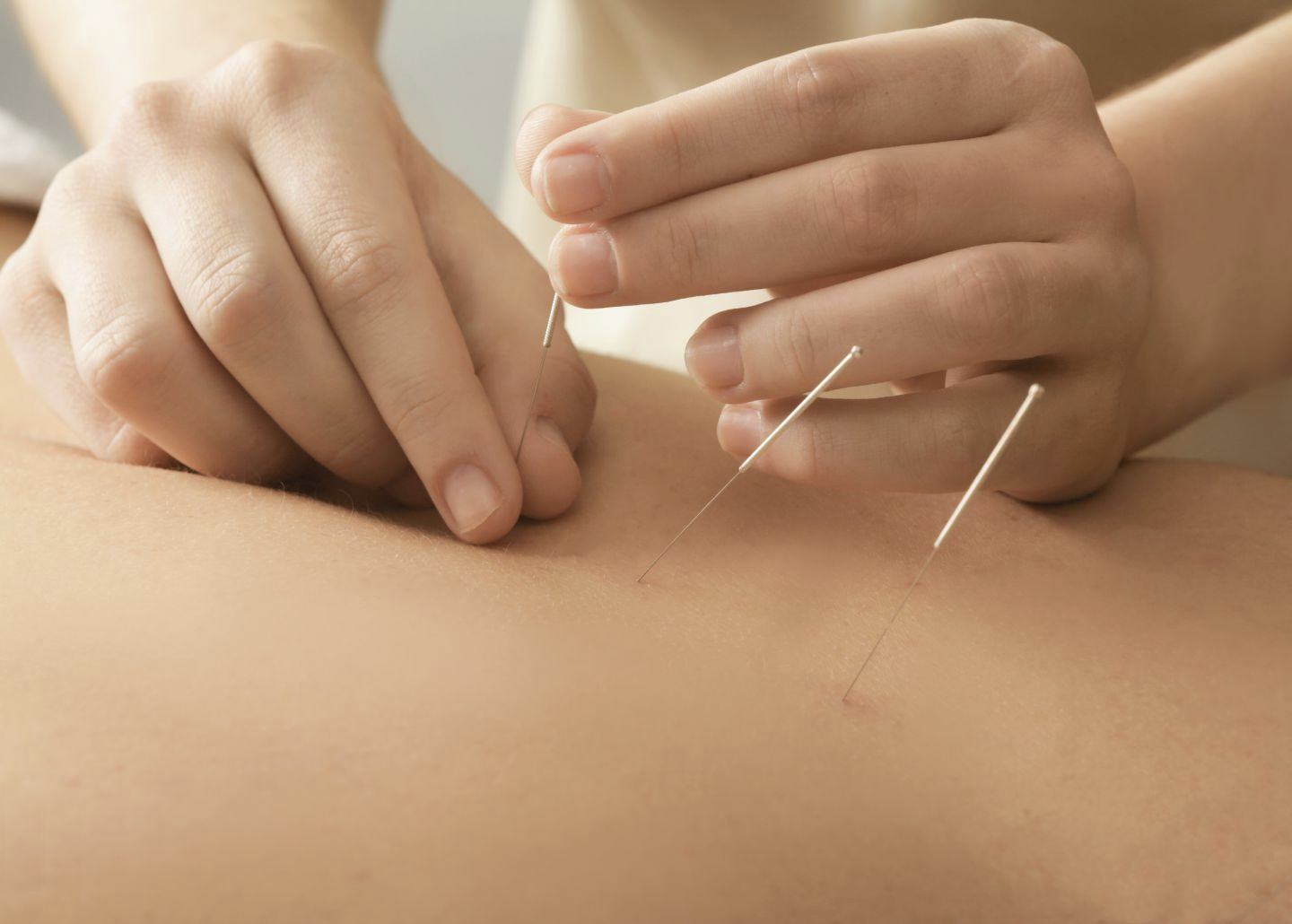Acupuncture is a technique in which practitioners stimulate specific points on the body—most often by inserting thin needles through the skin. It is one of the practices used in traditional Chinese medicine.
What to Expect on Your First Visit
Consultation: Your acupuncturist will ask you questions about your medical history, current health concerns, lifestyle, and any specific symptoms you’re experiencing.
Assessment: The acupuncturist may conduct a physical examination, which may include checking your pulse, observing your tongue, and palpating specific areas of your body to assess your overall health condition.
Treatment Plan: Based on the consultation and assessment, the acupuncturist will create a personalized treatment plan tailored to your needs. This may involve discussing the frequency of sessions, expected duration of treatment, and goals of therapy.
Acupuncture Treatment: During the treatment session, you’ll typically lie down comfortably on a treatment table. The acupuncturist will insert thin, sterile needles into specific points on your body, which may be slightly sensitive but generally not painful. The needles will be left in place for about 15-30 minutes while you relax.
Follow-up: After the session, your acupuncturist may provide you with some self-care recommendations, such as lifestyle modifications, dietary advice, or specific exercises to complement the acupuncture treatment. They may also schedule your next appointment if needed.
Overall, your first acupuncture visit is an opportunity for you to discuss your health concerns, receive personalized treatment, and start your journey towards improved well-being.
How Acupuncture, Physical Therapy, and Occupational Work Together
Acupuncture can complement physical therapy (PT) and occupational therapy (OT) in several ways:
Pain Management: Acupuncture can help alleviate pain and discomfort, which is often a focus of both physical and occupational therapy sessions. By reducing pain levels, acupuncture may enhance the effectiveness of PT and OT interventions, allowing patients to engage more fully in their rehabilitation programs.
Muscle Relaxation: Acupuncture may promote muscle relaxation and reduce muscle tension, which can be beneficial for patients undergoing PT or OT for musculoskeletal conditions, injuries, or rehabilitation post-surgery.
Improved Range of Motion: Acupuncture can help improve joint flexibility and range of motion, which is often a goal of both physical and occupational therapy. By addressing underlying muscle tightness and promoting circulation, acupuncture may enhance the outcomes of stretching and mobilization exercises in PT and OT.
Stress Reduction: Acupuncture is known for its stress-relieving effects, which can be valuable for patients undergoing PT or OT, especially those dealing with chronic pain, injury recovery, or rehabilitation following surgery. By promoting relaxation and reducing stress levels, acupuncture may improve overall well-being and enhance the effectiveness of therapy sessions.
Energy Balancing: Traditional Chinese Medicine (TCM) views acupuncture as a way to balance the body’s energy flow (Qi). By restoring balance and harmony within the body, acupuncture may support the healing process and complement the goals of physical and occupational therapy.
Comprehensive Care: Integrating acupuncture with PT and OT offers patients a holistic approach to their rehabilitation and recovery. By addressing physical, emotional, and energetic aspects of health, this multidisciplinary approach can provide more comprehensive care and support optimal outcomes for patients.
What Can Acupuncture Treat
Acupuncture is known to be effective in treating a wide range of conditions, including but not limited to:
- Pain Management: Acupuncture is commonly used to alleviate various types of pain, such as back pain, neck pain, joint pain, headaches, migraines, and menstrual cramps.
- Stress and Anxiety: Acupuncture can help reduce stress, anxiety, and tension by promoting relaxation and balancing the body’s energy flow.
- Digestive Disorders: Acupuncture may improve digestive function and alleviate symptoms of conditions like irritable bowel syndrome (IBS), acid reflux, constipation, and diarrhea.
- 4. Insomnia: Acupuncture can help improve sleep quality and address insomnia by calming the mind and body.
- Allergies and Respiratory Conditions: Acupuncture may relieve symptoms of allergies, asthma, sinusitis, and other respiratory issues by reducing inflammation and improving respiratory function.
- Women’s Health: Acupuncture is often used to address women’s health issues such as menstrual irregularities, menopausal symptoms, infertility, and pregnancy-related discomfort.
- Immune Support: Acupuncture may boost the immune system’s function, helping the body fight off infections and illnesses.
- Mental Health: Acupuncture may complement traditional therapies in managing conditions like depression, PTSD, and addiction by promoting relaxation and emotional balance.
- Chronic Conditions: Acupuncture can be beneficial for managing chronic conditions such as fibromyalgia, arthritis, multiple sclerosis (MS), and chronic fatigue syndrome.
It’s essential to note that while acupuncture can be effective for many conditions, individual responses may vary, and it’s important to consult with a qualified acupuncturist or healthcare provider to determine the most appropriate treatment plan for your specific needs.
Safety and Side Effects of Acupuncture
Relatively few complications from using acupuncture have been reported. Still, complications have resulted from use of nonsterile needles and improper delivery of treatments. Rest assured that we use new, sterile needles for each and every acupuncture treatment.
Call Us to Learn More About Our Acupuncture Services.
You Can Reach Us at: (973) 857-1616.
We accept most insurance plans, and we also offer flexible payment options for patients without insurance coverage. To schedule an appointment or learn more about our services, please contact us today.


